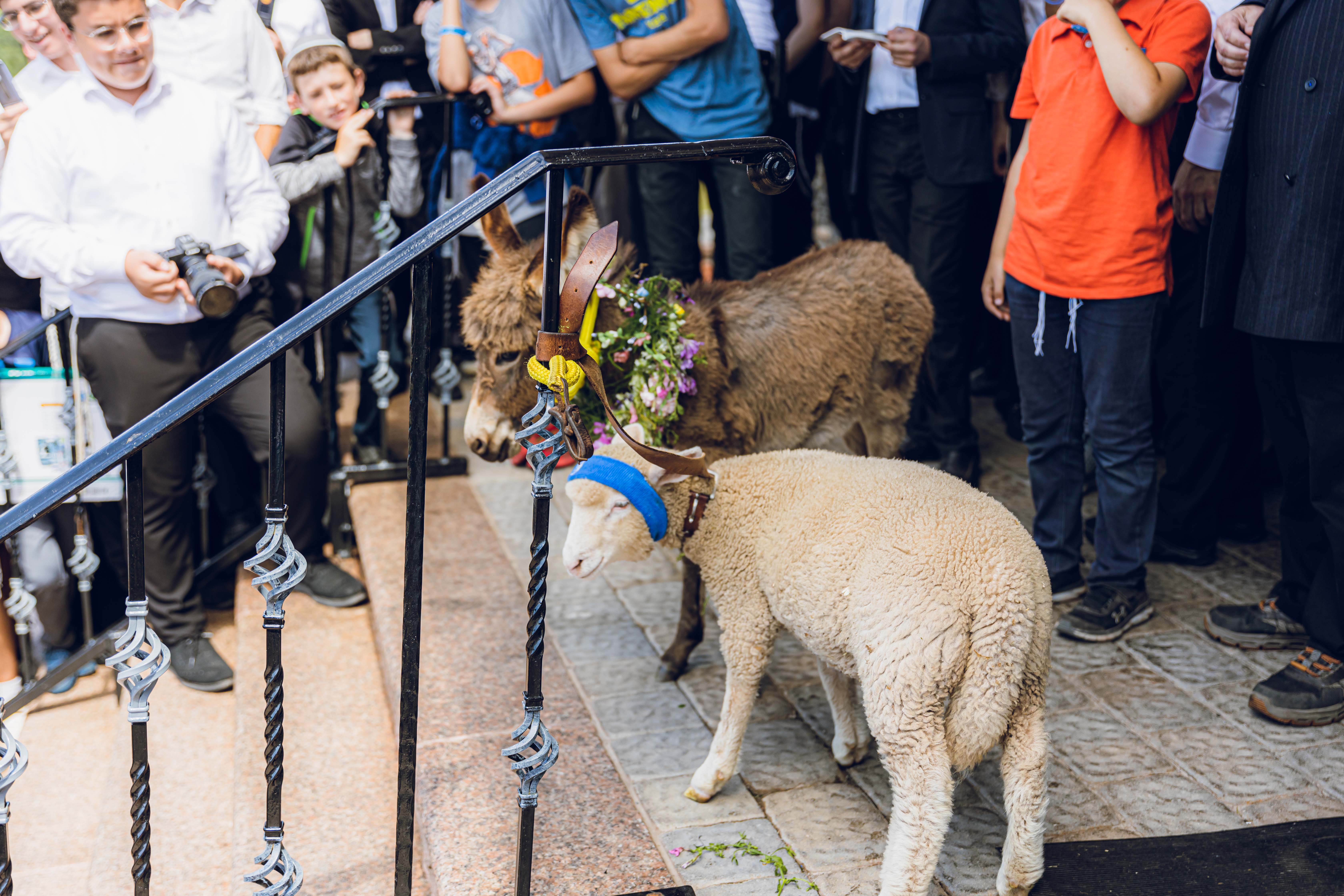Of Thanks and Praise
On Chanukah, we add a special prayer to the regular prayers and to Birchat Hamazon (Grace after meals) – the prayer of Al Hanisim. The Al Hanisim prayer concludes by stating that our Sages have instituted these days (of Chanukah) to thank and to praise God for all the miracles and salvations He has granted us. This is referring to the miracles we experienced, defeating the Greeks who sought to abolish the study of Torah and the practice of Judaism.
Not only are there special prayers dedicated for this purpose, the Rambam (Maimonides) tells us (Laws of Chanukah 4:12) that this is the meaning of the mitzvah (commandment) to light the menorah every night of Chanukah, as well. The Rambam considers the mitzvah of lighting Chanukah candles to be an action of portraying praise and gratitude. The lighting of the menorah is an act of publicizing the miracles God had done for us, and the purpose of this is to express praise and gratitude to God.
Praising Builds the Relationship
Praising God is not something we give attention to only on Chanukah; most of our prayers revolve around praising God. In fact, Rabbi Yehuda Hachasid (Sefer Chasidim, chapter 158) writes that one should be careful to avoid focusing his concentration primarily on the parts of prayer which express one’s requests, because praising God is the main part of the prayers.
When we think of prayer, we naturally think of connecting to God by turning to Him for our needs. But there is another aspect of prayer for us to develop. Praising God and thanking Him has potential for a far deeper connection to God. King Chizkiyahu was deathly ill, and miraculously recovered. When he describes the way he felt when he was sick, he says (Isaiah 38:11) that he was afraid that he won’t see God any longer in his life. Radak interprets this to mean that he was afraid that he will die and he won’t have the opportunity to see God any longer through praising God, because by praising God and contemplating His ways, one sees God.
Praising God and contemplating His greatness tremendously enhances our awareness of God. Concentrating on God’s greatness and benevolence ingrains in our hearts the reality of God’s existence and deepens our connection to Him in a unique way. With a little concentration, sincerity and emotion, one can find great delight in praising God, and indulge in the special closeness to God one gains by doing so.
The Sweet Sounds of Praise
Rabbi Yechezkel Abramsky once slept at an inn, and woke up in the morning to something interesting coming from the adjacent room. As the place was still quiet, he could hear through the wall the voice of a Jew reciting the prayer of Nishmat (a prayer we recite on Shabbat, expressing how all must give endless praise and gratitude to God for the His untold kindness). Rabbi Abramsky could hear the Jew saying this prayer with sweetness, translating every word into Yiddish for himself, with great excitement and tears. He later found out that this Jew was the holy and renowned Chofetz Chaim, who made a point to engage in such prayers on a constant basis.
The Joy Derived from Praise
The Rambam writes (ibid, 3:3) that the days of Chanukah are days of joy and praise. The joy and praise are not two unrelated elements, but one and the same. It is the joy associated with the praise we give to God on Chanukah. Chanukah is dedicated to rejoicing in expressing praise and gratitude to God, and is a most appropriate time to develop this trait. It is a tremendous opportunity to enjoy the special connection one can have with God by focusing on the prayers of praise and gratitude which we say on Chanukah. But it’s not limited to Chanukah. On Chanukah, we can learn to indulge in praising God, and continue to develop this special means of connection to God throughout our lives.
By Rabbi Yitzchok Aryeh Strimber torah4every1@gmail.com


